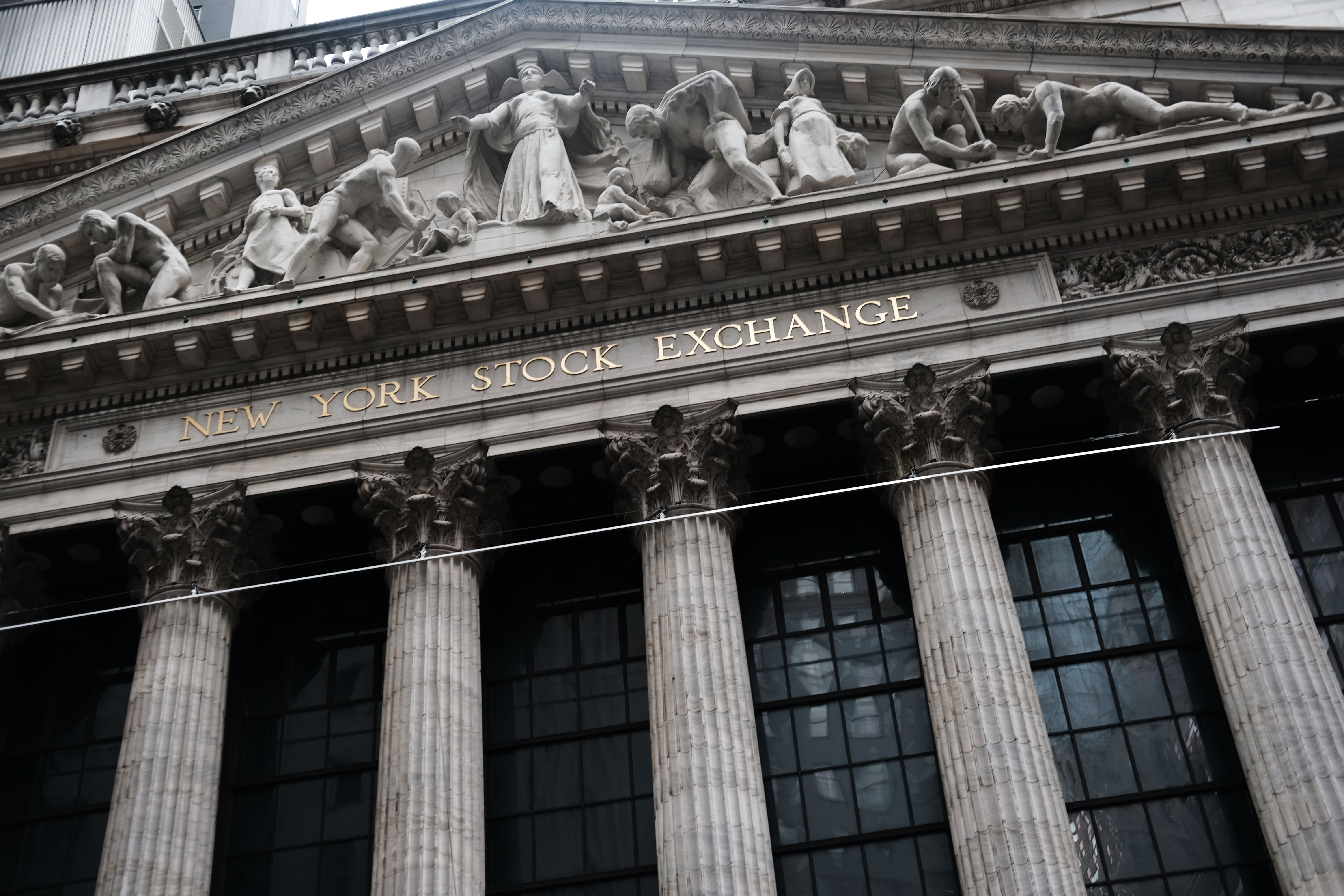How SPACs sparked a market mania
The pandemic ushered in an investment frenzy, and SPACs took center stage

A free daily email with the biggest news stories of the day – and the best features from TheWeek.com
You are now subscribed
Your newsletter sign-up was successful
The smartest insight and analysis, from all perspectives, rounded up from around the web:
"Picture GameStop Redditor meets Wolf of Wall Street," said Heather Perlberg at Bloomberg Businessweek, and you'll get some idea of the market madness around SPACs. More money — $88 billion so far — has already been raised by special purpose acquisition companies in 2021 than in all of last year. And last year's haul was six times as big as 2019's. "How did we get here? Slowly, then all at once." SPACs first emerged in the 1980s, and until recently were seen as "sketchy Wall Street arcana." With a SPAC, financiers raise money through a publicly traded shell company that promises to buy a great private firm. Last year, the COVID-19 pandemic ushered in an investment frenzy, and SPACs took center stage. The deals often come with "questionable disclosures" and "you've-got-to-be-joking valuations." Nonetheless, more than 70 percent of startups going public are taking the SPAC route.
Before SPACs, "pre-revenue" companies used to be "extremely uncommon in the public markets," said Heather Somerville and Eliot Brown at The Wall Street Journal. Many high-profile companies, from Amazon to Uber, went public before showing profits. But SPACs let startups go public before they have any customers at all, leapfrogging "years of private fundraising and growth." Looser rules than the ones in place for traditional public offerings let SPACs "issue earnings projections several years into the future," hyping the prospects to potential shareholders. So Astra Space, a rocket company that completed "its first and only successful test launch in December" can tell investors that it expects to turn a profit of $1 billion in 2025. Astra Space now has a SPAC deal that will raise $500 million. WeWork, the office-rental company whose efforts at a traditional IPO were rejected by investors in 2019, is now looking for a SPAC partner to go public.
The Week
Escape your echo chamber. Get the facts behind the news, plus analysis from multiple perspectives.

Sign up for The Week's Free Newsletters
From our morning news briefing to a weekly Good News Newsletter, get the best of The Week delivered directly to your inbox.
From our morning news briefing to a weekly Good News Newsletter, get the best of The Week delivered directly to your inbox.
Lordstown Motors, an Ohio-based truck maker backed by General Motors, is an example of how SPACs can go wrong, said Claudia Assis at MarketWatch. The company raised $1.6 billion late last year in a SPAC deal. Now it has "disclosed a probe by securities regulators." While Lordstown insists it's on track to deliver a vehicle, critics allege it's actually, "three to four years away from production." This "won't end happily," said Michael Hiltzik at the Los Angeles Times. Subject to "much lighter scrutiny than conventional IPOs," SPACs attract these kinds of companies. Despite the "misleading jabber and outright misrepresentation," many high-profile SPACs have actually "performed disastrously."
Financial reform groups are urging Congress to step in, said Michelle Celarier at Institutional Investor. Lawmakers could "amend the sections of securities laws" to level the playing field with traditional IPOs and bar misleading projections. This bull run has a limited life span, said Chris Bryant at Bloomberg. Some SPACs that raised money to buy a company are now worth less than the cash they have on hand. "As with every mania, prices became divorced from fundamentals." The party may end as quickly as it began, and leave us with a major hangover.
This article was first published in the latest issue of The Week magazine. If you want to read more like it, you can try six risk-free issues of the magazine here.
A free daily email with the biggest news stories of the day – and the best features from TheWeek.com
-
 Quiz of The Week: 14 – 20 February
Quiz of The Week: 14 – 20 FebruaryQuiz Have you been paying attention to The Week’s news?
-
 The Week Unwrapped: Do the Freemasons have too much sway in the police force?
The Week Unwrapped: Do the Freemasons have too much sway in the police force?Podcast Plus, what does the growing popularity of prediction markets mean for the future? And why are UK film and TV workers struggling?
-
 Properties of the week: pretty thatched cottages
Properties of the week: pretty thatched cottagesThe Week Recommends Featuring homes in West Sussex, Dorset and Suffolk